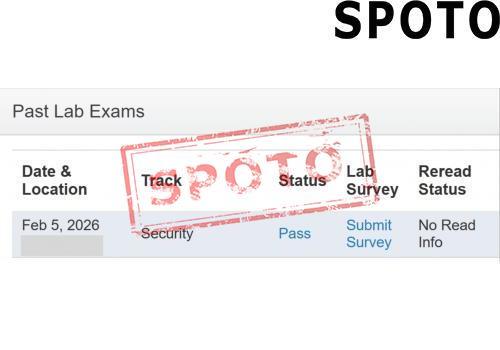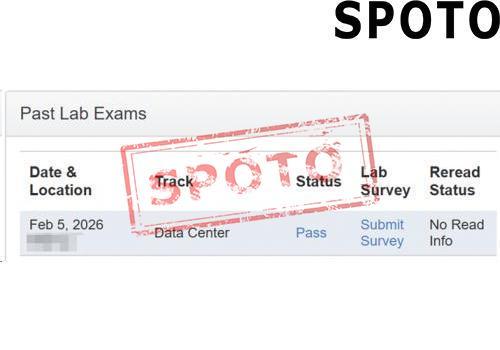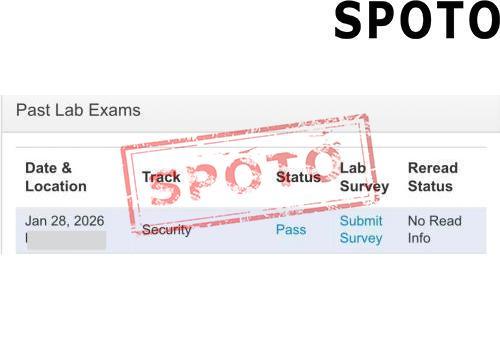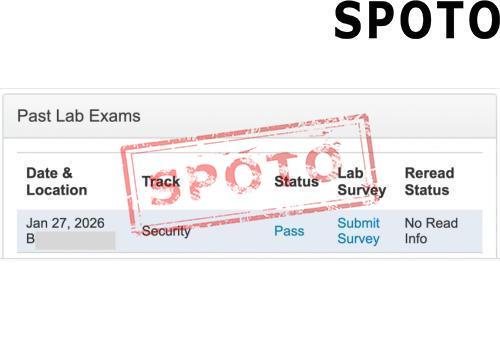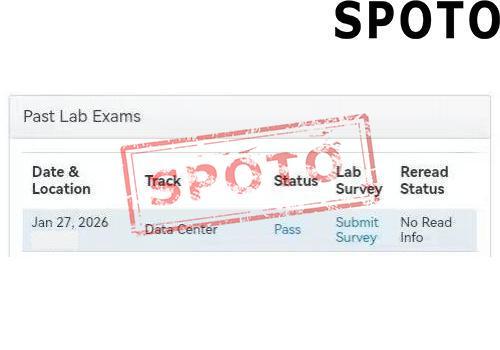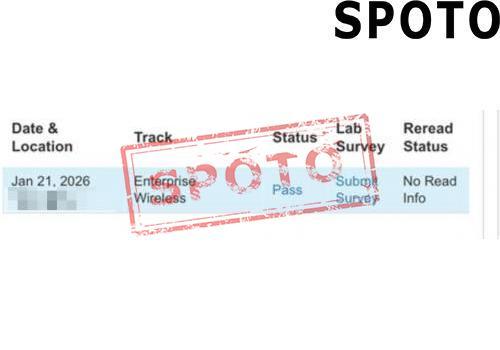
Table of Contents
This article will introduce you to what a CloudOps Engineer is, the career information of a CloudOps Engineer and the necessary conditions to become a CloudOps Engineer. By reading this article, you will gain an in-depth understanding of the profession of CloudOps Engineer.
1. What is a CloudOps Engineer?
CloudOps Engineer is a professional technician responsible for the deployment, monitoring, maintenance, optimization and automation of cloud environments. The core goal of CloudOps Engineer is to ensure the stable, efficient and secure operation of cloud infrastructure and applications. As enterprises migrate their businesses to cloud platforms, CloudOps engineers have become a key role connecting development and operation and are an indispensable part of modern cloud-native architecture.
2. How much does a CloudOps Engineer Make?
The salary of a CloudOps Engineer who has just entered the workplace and usually has 1-3 years of work experience is relatively low. According to ZipRecruiter data, the monthly salary of engineers at this stage is about 20-25K. However, the salary of a senior CloudOps Engineer with more than 5 years of work experience will increase significantly. Generally speaking, 81.9% of senior devops engineers have a monthly salary between 20-50K, and an annual salary of 240K-600K. Large Internet companies and financial technology companies are highly dependent on cloud computing and are willing to pay high salaries to attract talent. In large Internet companies such as Alibaba and Tencent, the annual salary of a senior CloudOps Engineer can reach 50W-100W. Financial technology companies have high requirements for technical stability and security, and their salaries are also at a high level. In comparison, the salary level of CloudOps Engineers offered by small and medium-sized enterprises is relatively low, and the monthly salary may be around 10-20K. However, some well-developed startups will also offer competitive salaries to attract talent.
3. Responsibilities of a CloudOps Engineer
The core responsibilities of CloudOps Engineer include cloud infrastructure management. They are responsible for the deployment, configuration and lifecycle management of cloud resources to ensure that resources are allocated on demand and at a reasonable cost. In addition, they also monitor and troubleshoot, build monitoring systems, and track the performance indicators and application health status of cloud resources in real time. It is also the responsibility of CloudOps Engineer to automate the operation and maintenance process through scripts or tools, reduce manual operation errors, quickly locate and solve faults, reduce business downtime, and participate in continuous deployment to ensure smooth delivery of code from the development to the production environment. In short, the work of CloudOps Engineer covers the entire enterprise system and plays a very important role in the company.
4. What Are the Qualifications to Become a CloudOps Engineer?
(1) Obtain a Bachelor's Degree
While there's no strict requirement, most employers prefer candidates with at least a bachelor’s degree. A bachelor's degree in fields like computer science, information technology, software engineering, or a related technical discipline. This provides foundational knowledge in networking, operating systems, and programming. For senior roles, a master's degree in cloud computing, cybersecurity, or an MBA in technology management may be advantageous, though it's often not mandatory if paired with extensive experience.
(2) Core Technical Skills
To become a CloudOps Engineer, you need a combination of educational background, technical skills, certifications, and practical experience to manage cloud infrastructure, ensure reliability, and automate operations.
CloudOps Engineer need to compute Engine, Cloud Storage, VPC, Cloud Functions and understand cloud architecture patterns and use manager templates, or Google Cloud Deployment Manager to automate infrastructure provisioning. They also need to automate the software delivery workflow to understand the methods and collaboration models between development and operations teams.
(3) Earn Industry Certifications
Certifications can validate your expertise and are highly valued by employers. For Cisco instructor Elvin Arias Soto, certification is not just about getting a better job or a higher salary, it opens up a world of possibilities. Having the certification has allowed him to work for some of the most prestigious companies in different countries and gain respect from his peers in the industry. He has obtained CCNA, CCNP, and CCIE professional certifications. It was also because he had professional certifications of CCNA, CCNP, and CCIE that he had the opportunity to work for Cisco, and these certifications became the catalyst for his first promotion to Level 2 Support Security.
SPOTO Academy's courses cover key technologies such as CCNA, CCIE, CCNP, and cloud data services, and invite industry experts to provide guidance to ensure that you master practical skills. If you want to quickly master programming, cloud platform knowledge, and device operation and maintenance, you may consider taking SPOTO's comprehensive courses.
5. Similar Occupations of CloudOps Engineer
- DevOps Engineer
- Cloud Engineer
- Site Reliability Engineer
- Systems Administrator
- Cloud Security Engineer
